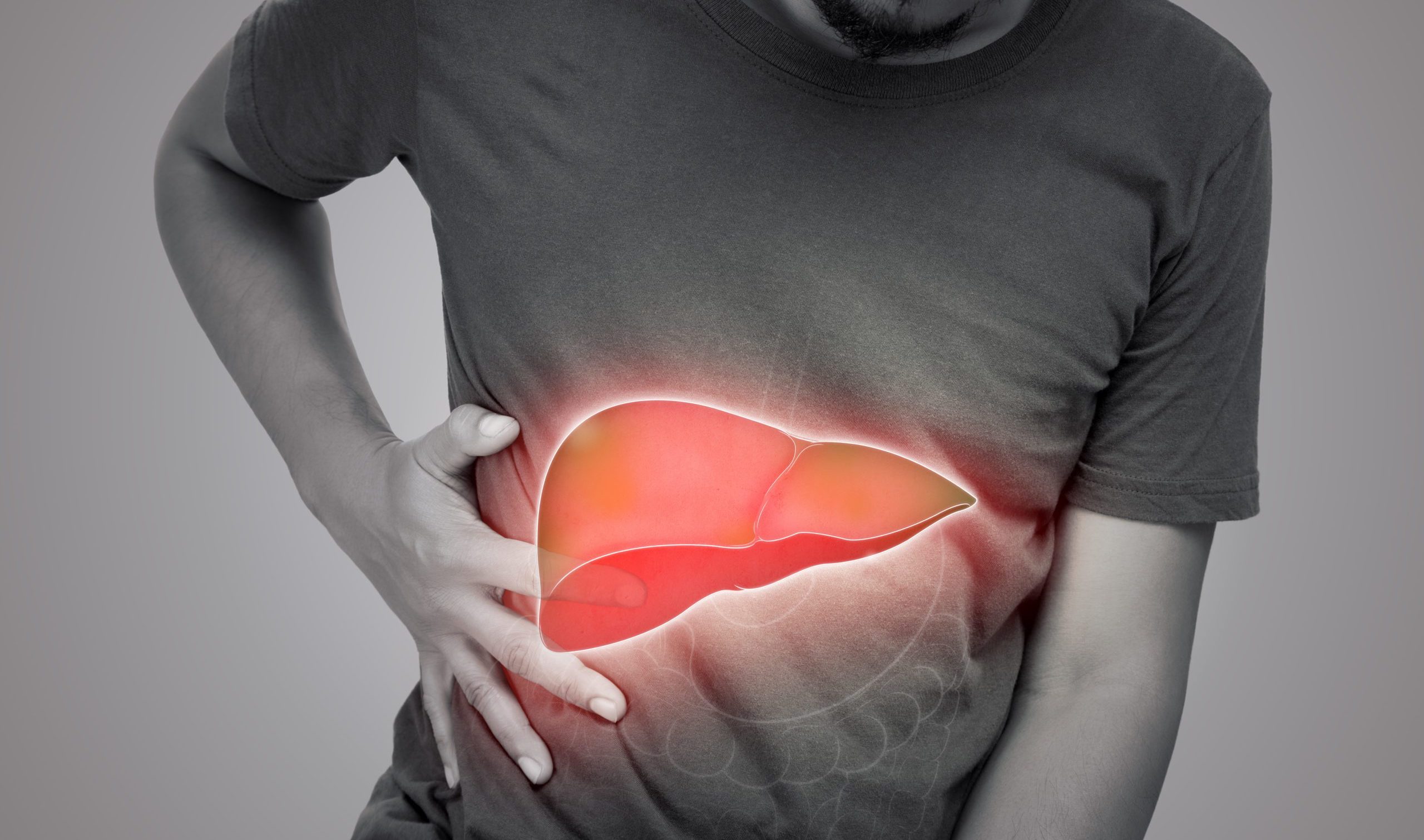Too much iron can harm your liver
By naturopath Margaret Jasinska
Iron deficiency is an extremely common health problem that we see in the vast majority of our menstruating female patients. Excess iron can be a problem too though. This is more common in men above the age of 40 and post menopausal women. When present at excessively high levels, iron can harm the liver and increase the risk of serious health problems.
Three quarters of the body’s total iron content is found inside the red blood cells and is part of the protein haemoglobin that enables red cells to carry life giving oxygen to every cell in our body. Ten to twenty percent of iron is stored in a protein called ferritin. The rest (5 to 10%) is transported around the body on another protein called transferrin and a small amount is free in the blood. We can do tests to measure all these forms of iron with one simple blood test and this enables us to see if you have too little iron in your body or too much iron in your body. The blood test is called iron studies.
Too little iron can make you weak and anemic and too much iron can cause a lot of diseases including cancer. The liver plays a large role in regulating how much iron is in your body. The liver makes a hormone called hepcidin, which controls how much iron is absorbed from the intestines. An average normal daily loss of iron from the body over several months is around 1 to 2 milligrams and this loss occurs from loss of intestinal cells and skin cells and in women from menstrual bleeding. To compensate for this daily loss of iron, the liver hormone hepcidin allows 1 to 2 mg of iron to be absorbed from food in the intestines. The balance is carefully controlled by hepcidin. This is important because the body has no mechanism to excrete iron from the body, other than by abnormal bleeding. To measure your iron levels, you should have your blood taken whilst you are fasting in the morning and do not take any iron supplements for at least 24 hours before your blood test.
Why do some people accumulate too much iron?
The inherited condition called haemochromatosis causes severe iron excess or overload in the body. It is caused by an abnormal mutation (known as C282Y) in the HFE gene and you have to have 2 of these to have hemochromatosis. This abnormality causes an increased absorption of iron from the intestines around 3 times that of normal absorption. This occurs because of a deficiency in hepcidin in the liver. Hemochromatosis is common and affects 1 in 200 people of Caucasian race who carry two C282Y mutations on their HFE genes. Another type of gene mutation called H63D can cause iron overload in association with one C282Y mutation but to a much lesser degree. People with haemochromatosis can suffer severe consequences of iron overload including liver scarring (cirrhosis), liver cancer, heart disease, diabetes, arthritis, low sex hormones and a bronzing of the skin colour. The excess iron damages various organs in the body. It is important to diagnose haemochromatosis early by doing a blood test for the HFE gene mutation and iron studies to check serum iron, ferritin and transferrin saturation.
It is possible to prevent the excess iron from causing organ damage by removing blood on a regular basis. Blood removal is known as venesection. It may take many months or even several years to unload the body of excess iron and the venesections must be done regularly.
If a blood test reveals excessively high levels of ferritin in your blood, it means the iron stored in your liver is leaking into the blood. This condition is much more common than haemochromatosis. Only 10 percent of cases of high ferritin are caused by haemochromatosis.
Most common causes of excess ferritin
- Fatty liver caused by insulin resistance
- Liver inflammation caused by alcohol
- Diabetes
- Obesity
- Several different types of cancer
- Some infections
- Problems with the immune system causing excess inflammation
If a blood test shows your ferritin level is between 300 to 1000 mcg/L, you have too much iron leaking into your blood and you could have any or several of the above causes. If your blood ferritin levels are above 1000mcg/L you should be referred to a liver specialist (hepatologist) as you have an increased risk of cirrhosis and liver cancer. If you have very high ferritin levels in your blood I recommend you have an ultrasound scan of your abdomen to check your liver. You also need a thorough check up from your doctor, including blood tests. Have a blood test for C reactive protein which is an indicator of inflammation.. We can greatly reduce our risk of liver disease, cancer and diabetes by improving the liver function.









Hi Dr Cabot, ln 2016 l wasn’t feeling well very tired i went to the doctor and had a blood test done the results were iron levels of 2 haemoglobin 50 l was admitted to the hospital given 2 bags of blood chest X-ray done left lobe pneumonia and influenza A treatment antibiotics and an iron infusion after recovering l had gastroscopy and colonoscopy nothing sinister found l take iron tablets I’ve been having iron infusions done about every 3 months and towards the end of the 3 month period my ferratin levels drop down l get very tired and get dizziness get out of breath walking and my legs feel heavy like I’m dragging myself around and I have 2 iron infusions a week apart 1000mgs and then 500mgs it takes about two to three weeks before I feel better. Thankyou for your advice. Robyn Wilkinson